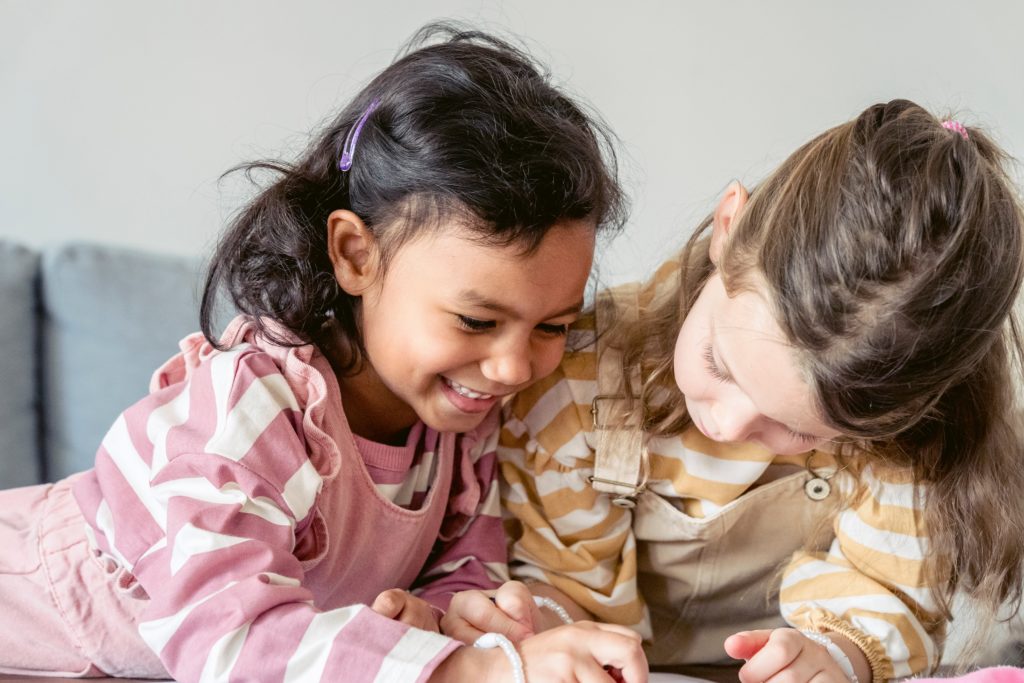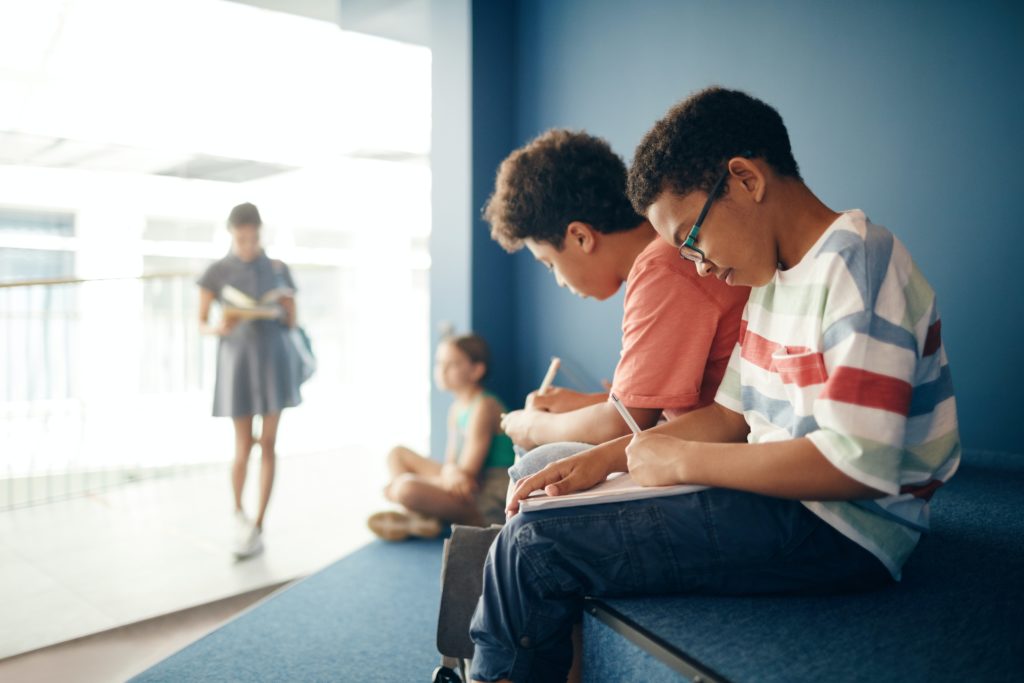Even though the school year is still in full swing, it’s not too early to think about how you’re going to fill your summer schedule.
For parents of children on the autism spectrum, planning for summer involves more than just vacations and relaxation. You want your child to continue to make progress even during a school break.
When regular routines and structured learning environments pause for the summer, children with autism can be at risk of not maintaining skills. They might lose social skills, behavior improvements, and communication. This loss can mean that skills learned over the school year may diminish, leading to a challenging start when school resumes.
Summer Can Provide Continuous Learning Opportunities
Experts at LEARN say consistency is key for reinforcing learned skills. A disruption in routine can be unsettling for children with autism. They often thrive on predictability. Summer programs can provide a framework where they can thrive.
Consider enrolling your child in a social skills program this summer. Here’s why:
- LEARN’s summer social skills programs are structured activities. They are designed specifically for children with autism.
- Our summer social skills programs take place during the school break. They focus on improving social interaction, communication, and behavioral skills.
- Our programs can include group activities, one-on-one sessions, and a range of therapies. We tailor them to each child’s unique needs.
What Will Kids Learn in a Summer Social Skills Program?
A summer social skills program can continue the momentum of what your child learns over the school year. These are some of the skills we work on:
- Communication skills: Children with autism often find it hard to advocate for their needs to be met or express their preferences. They also might have trouble using language effectively and maintaining conversations. Our program gives kids a chance to practice these skills through guided activities, role-playing, and peer interactions.
- Building confidence and self-esteem: Our summer programs can also have a tremendous impact on a child’s confidence and self-esteem. By mastering new skills and successfully interacting and forming friendships with peers, children with autism can gain a greater sense of self-worth. This boost in confidence can positively influence other areas of their life, from academic performance to relationships with family and friends.
- Learning to interact with peers and make friends: Children with autism sometimes have difficulties making friends and maintaining relationships. Summer social skills programs specifically address these issues by providing opportunities for children to interact with others in a supervised, safe, and nurturing environment. This can help them understand the nuances of social interaction, learn to cooperate with others, and even form lasting friendships.
- Fostering independence: Another key benefit of these programs is that they foster independence. By participating in new activities and routines, children can gradually become more comfortable with change and learn to adapt to different situations.
Keeping Skills Sharp During the Summer
Sometimes, educators talk about the “summer slide.” That refers to an educational phenomenon where students experience a loss of learning gains that they made during the previous school year over the course of the summer vacation.
If you want to prevent that kind of regression for your child, a summer social skills program can reinforce what they’ve learned over the school year and help them continue their growth and development.
Summer social skills programs for children with autism are more than just a way to keep kids occupied during the break. It’s another tool for keeping them engaged in learning. So, as we approach the summer season, consider enrolling your child in a social skills program. It could be just the thing to make the transition to next school year easier.
Learn more about building social skills during the summer in this LEARN blog post.






